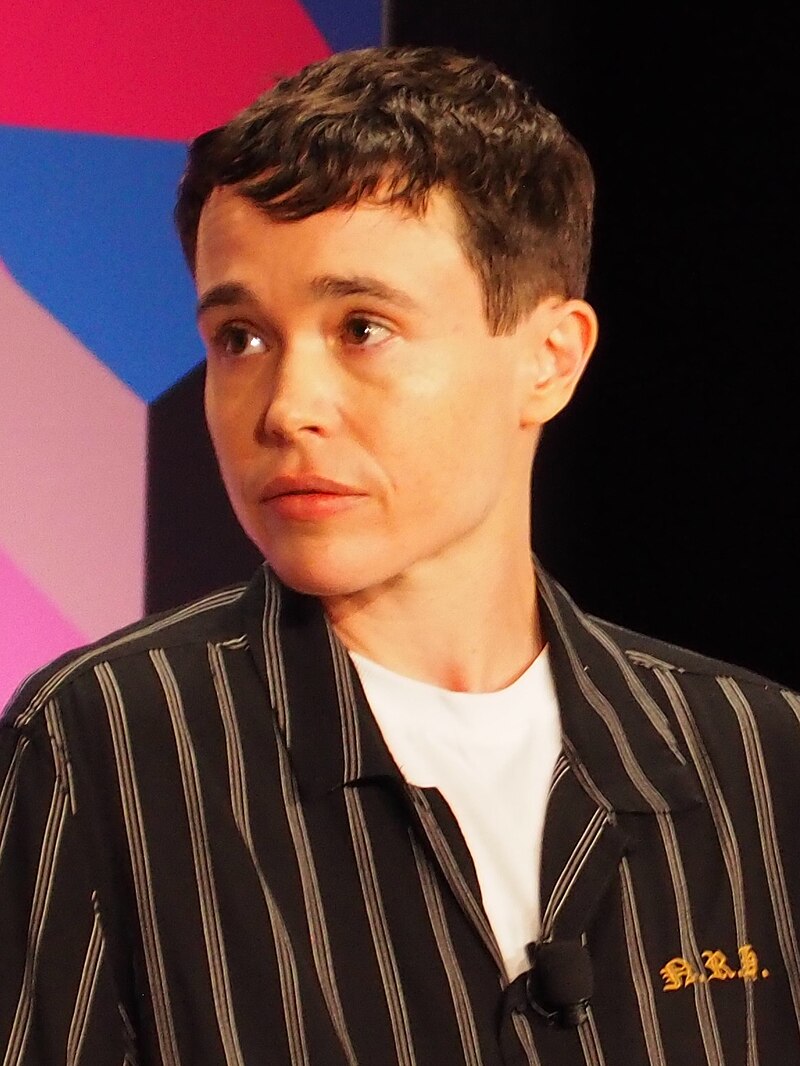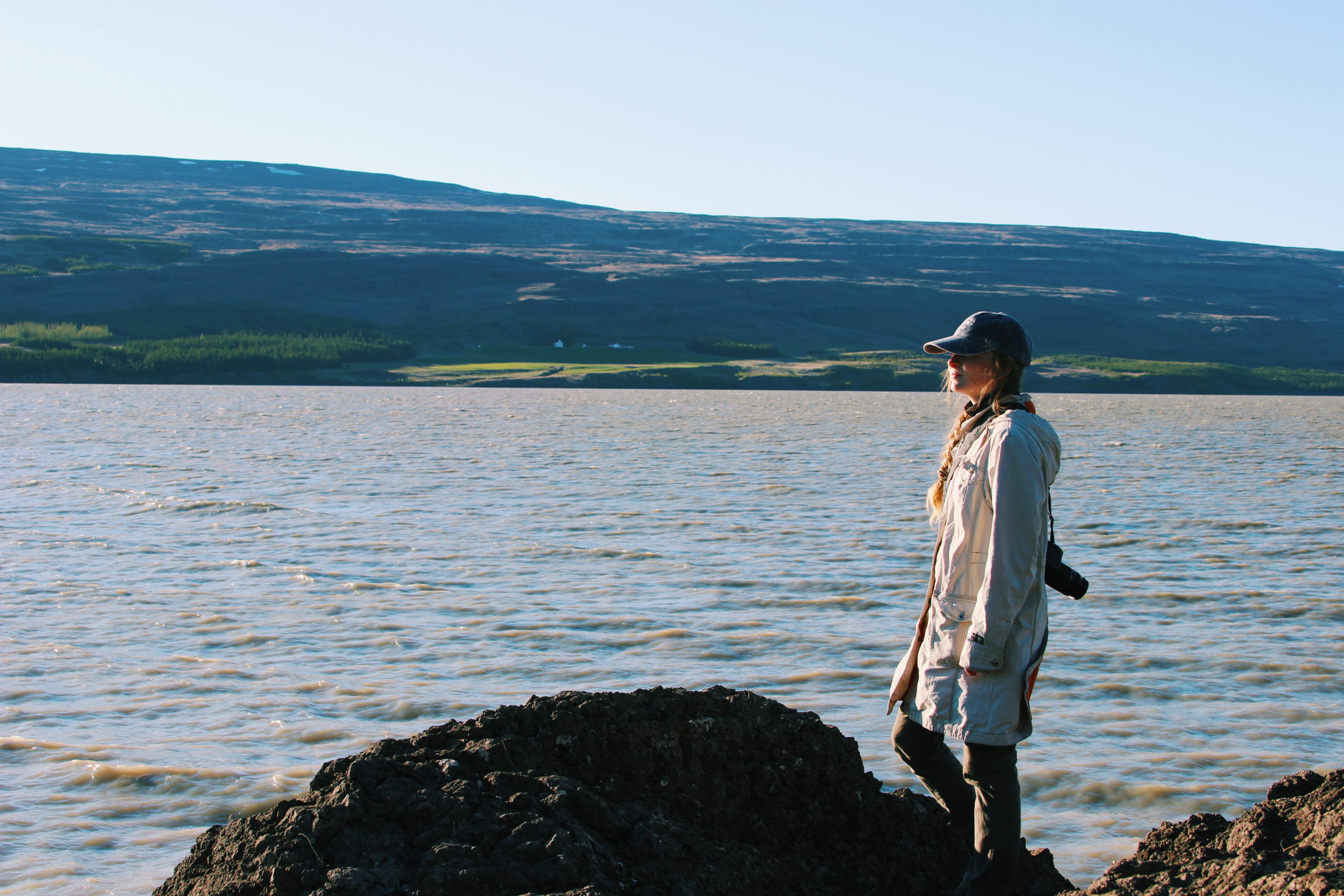
There is a lot of information online about the fight for our planet. So many people seem to have loud opinions about climate change, and who’s to blame, and what we should all do about it. If one isn’t in the field, it can be hard to determine who to listen to and what is viable information. Because of this, people tend to react in a few extreme ways—either tuning all of it out, only listening to influencers (or people they find to be relatable), only listening to professionals and scientists in the field, or listening to all of it. This can either create an incomplete picture, or a muddled one.
So who should we listen to? Who belongs in the environmental space? As an environmental writer, researcher, and student myself, I have some thoughts on this matter.
When I was first learning about our planet’s crisis, I was a kid. I wasn’t reading climate reports and scientific studies. I was watching Bill Nye and documentaries about dolphins. I was reading National Geographic with my Grandpa and composting with my mom. I was listening to stories of wildfires from my family in California and to my dad complain about litter on our hikes. These people weren’t scientists. They were entertainers, film makers, and family members who liked to be outside. Did that make the information I was processing any less valuable? I’d argue no.
Since I was a child, I wouldn’t have read reports and studies even if they had been available to me. If I hadn’t had those non-professionals exposing me to those issues, I wouldn’t have had anything to go on. I wouldn’t have learned anything about it until I was older. Those years were vital to be hearing about these issues, because that’s when I was being shaped as a human being. I was discovering my likes and dislikes. I was deciding who I wanted to be in the world, and what I cared about. It was during this time that I realized that I felt wonder and love for the natural world, and wanted to protect it. That shaped so many of my decisions, and eventually led to me wanting to take my passion for writing and use it for that good.
As a young adult, I still wasn’t surrounded by scientists. I was a writer, hoping to continue my education eventually, but taking work where I could until then. I was writing for organizations that lobbied for environmental issues, and focused my travel writing gigs around eco-tourism and sustainable businesses. I was researching a lot for these jobs, and learning a lot in the process from non-scientists. I learned that gender and the climate crisis are linked during this time, and focused a lot of my articles around that problem (that was very new to me). I learned that protecting wildlife reduces poverty. I learned that preserving the health of oceans helps girls get educated. I had no idea previously that these ideas and crises were connected, and I might not have ever come across it for years to come had I not been pouring over articles written by travelers, community outreach professionals, and tourism boards.
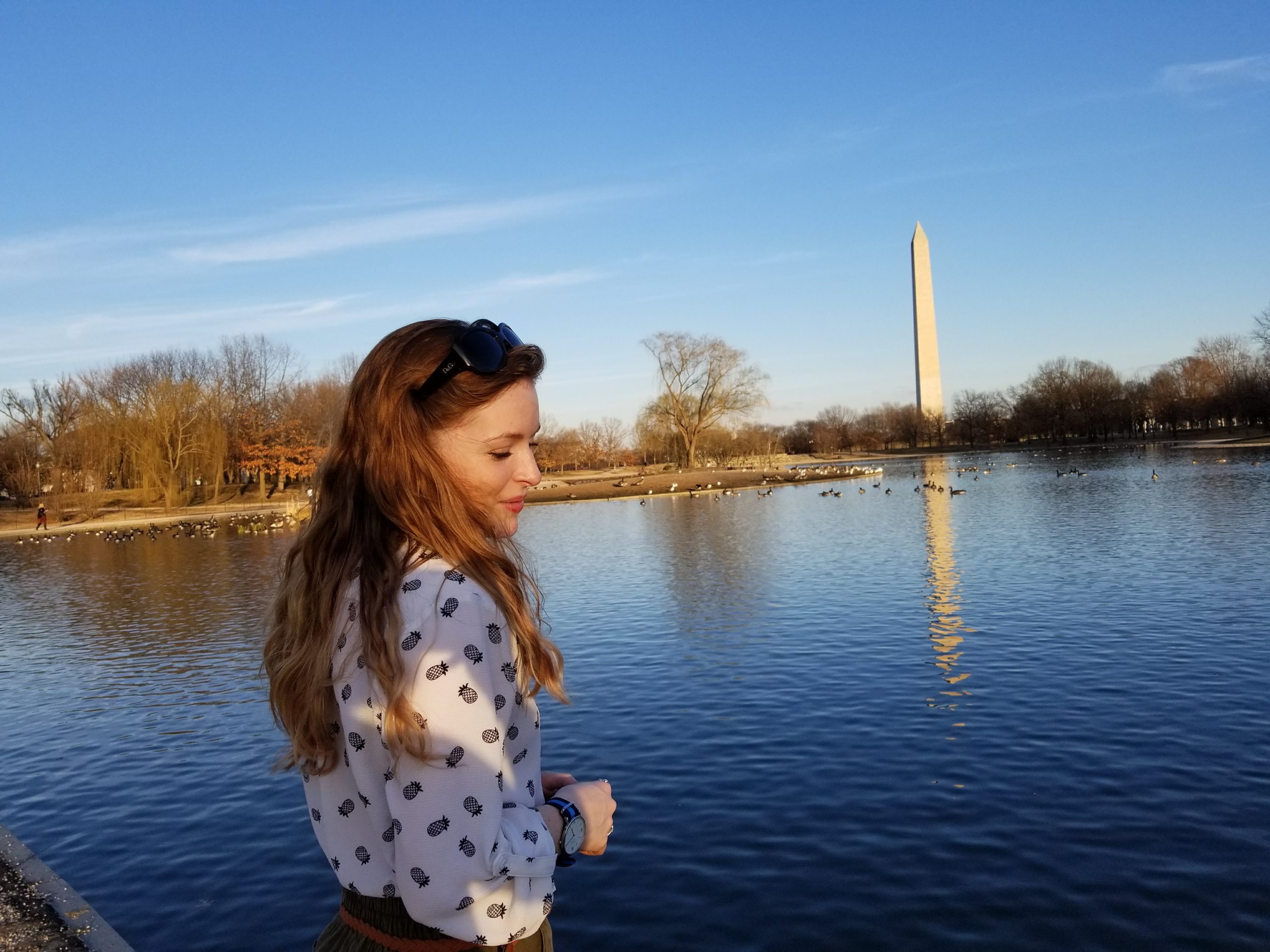
It didn’t take long to notice the sources mentioned, and read through the studies these less-dense articles were based on. These pieces were scientist-written, and when paired with the moving words of the writers’ articles that came after them, I felt even more invested in the fight.
I started watching more documentaries about topics I had never heard about. I learned that palm oil was destroying one of our only three rainforests. I learned that the animal meat industry was causing deforestation. I learned what “bottom trawling” was and that there was something called “The Great Pacific Garbage Patch.” I read studies and scientist-written books and articles about those new concepts, and poured my findings into my own writing—hoping to reach those who hadn’t heard of those issues either.
I decided that when I would go back to school to earn a creative writing degree, that I would also get a bachelor degree in environmental studies. All of this insight and science was too big of a deal to ignore. I was shocked I hadn’t learned more about it in school, and was realizing that the climate crisis was just that- a crisis. It is an emergency, and the more I learned about it, the more I wanted to help.
I’m not a mathematically minded person, so I didn’t think there would be a place for me in the environmentalism field. Turns out, I was wrong. Yes, in my classes I learned about technical concepts like soil chemistry, the chemical reasons pesticides are killing our land, and how erosion works. But I was also learning about environmental justice, and how there is a place in my country called “Cancer Alley.” I learned about the lack of the binary in nature, why we should call global warming “Global Weirding” instead, and how all of us are so interconnected—with each other and this planet. I learned that capitalism kills the world, and why veganism is the only diet that has a positive impact on the planet. Everything I learned came from scientists and studies and academic research done by experts in the field. It was all heavy, and I was given the tools to understand it all, but wouldn’t have been able to take that much in had I not been.
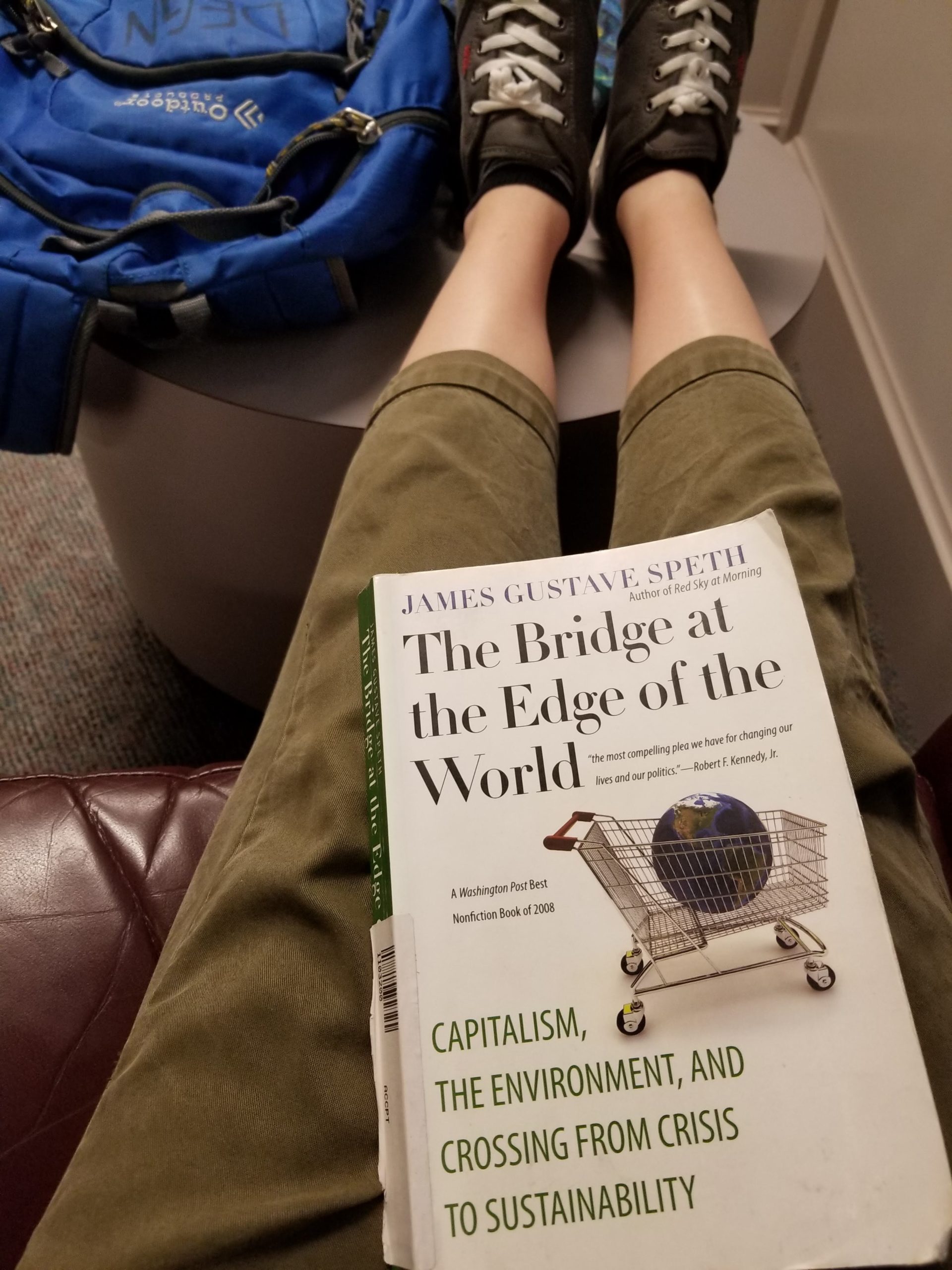
I kept writing throughout it, and continued to bring to light the work being done by scientists, and the fight that humanity is fighting. I read books on my own time about things like Indigenous water rights in the western United States and animal ethology. I watched documentaries made by actors who explored the planet and talked to scientists about strange phenomena here. I read books about how to reduce my waste from those who based it on their lived experience, and took workshops on local foraging. This felt important too, despite none of it coming directly from scientists or environmental experts.
A few years ago, something shifted in the environmental space. More people came into it. This was amazing—to see people caring about this huge emergency was refreshing to those of us in the field. But with more people, came a lack of clarity. Who was in charge? Who has a say? Who has authority? Who belongs here?
These were all questions explored both in real life and social media. People would ignore scientists and those who have been in the field for years, all to give platforms to those who were charismatic and novices. Those who were pretty and rich would have hundreds of thousands of followers, giving them a huge audience, while those doing the work would have much, much less. I watched as the phenomenon of “Environmental Influencers” came into being, and got the spotlight that environmental organizations and professionals desperately needed. I watched as these environmentally-minded individuals sold their followers bamboo straws and water filters by flooding their feeds with ads, while environmental activists were going to protests and lobbying for cleaner air and less fossil fuels.
It felt backwards. It felt wrong to see those being consulted and upheld as the voice of environmentalism itself be ordinary people who were good at advertising themselves, while those who had extensive knowledge and experience were not even seen. Why did green influencers get more credit than scientists? Why did those who showed up to protests once or twice a year get to be the face of the environmental space on Instagram, while environmental journalists and oceanographers and biologists could barely pay their bills? Why did people admire these environmental Instagrammers so much, and not go out of their way to follow those who are actually in the field?
On the other hand, I didn’t understand the other side of the argument that said there wasn’t a space for these people. There are still those who discredit eco-Influencers by saying that they have no knowledge to share, and that we should only hear what scientists have to say. That felt exclusionary too, and we are all in this fight- whether we identify with it or not. We are nature beings, and all of us, no matter where we live, hold some environmental knowledge of some kind. This is authority, and can be shared with everyone.

So this brings me to the question I get so often as someone in the field: “Who should we listen to?”
The truth is, it’s not an all or nothing deal, as many gatekeepers say. I learned so much for years from entertainers, gardeners, and hikers about the natural world and yes—the climate crisis. I value that information, and I value the information I acquired from scientists, professionals, academics, students in the field. Everyone has something to teach us, and approaching it in a holistic way, rather than a polarizing one, is a powerful method of getting a more in depth picture of what our livable planet is facing. We shouldn’t only listen to environmental Influencers, but we shouldn’t exclude fellow human beings from this discussion.
In my experience, it is more important to make space for those who have the most relevant knowledge on the issue. There is room for everyone, but experts should be listened to first and most intently when it comes to their fields. They may not all be good at writing or be as charismatic as celebrities, but they should be given a bigger space than they’re currently being given. They’re the ones doing the work and on the ground, so their voice needs to be prioritized. Those who are casual activists, nature appreciators, conscious consumers, and yes—even Influencers should also be given a space, but it shouldn’t be as big.
For example, an oceanographer with decades of expertise should be consulted when it comes to the dangers of ocean plastic, but a surfer who sees the plastic and dead turtles first hand also has knowledge on it. Both should be listened to and given space to be heard. They hold different kinds of knowledge, but that isn’t a negative thing. The two experiences of these two people can be combined to see the full picture. Local Ecological Knowledge is something that is vital to so many environmental issues, and in the actual field of environmentalism (as opposed to green spaces on social media), L.E.K. and scientific knowledge are often combined to get a fuller picture. Those of us in the field understand the importance of getting as many perspectives as possible—it tends to be those outside of the field who push polarization.
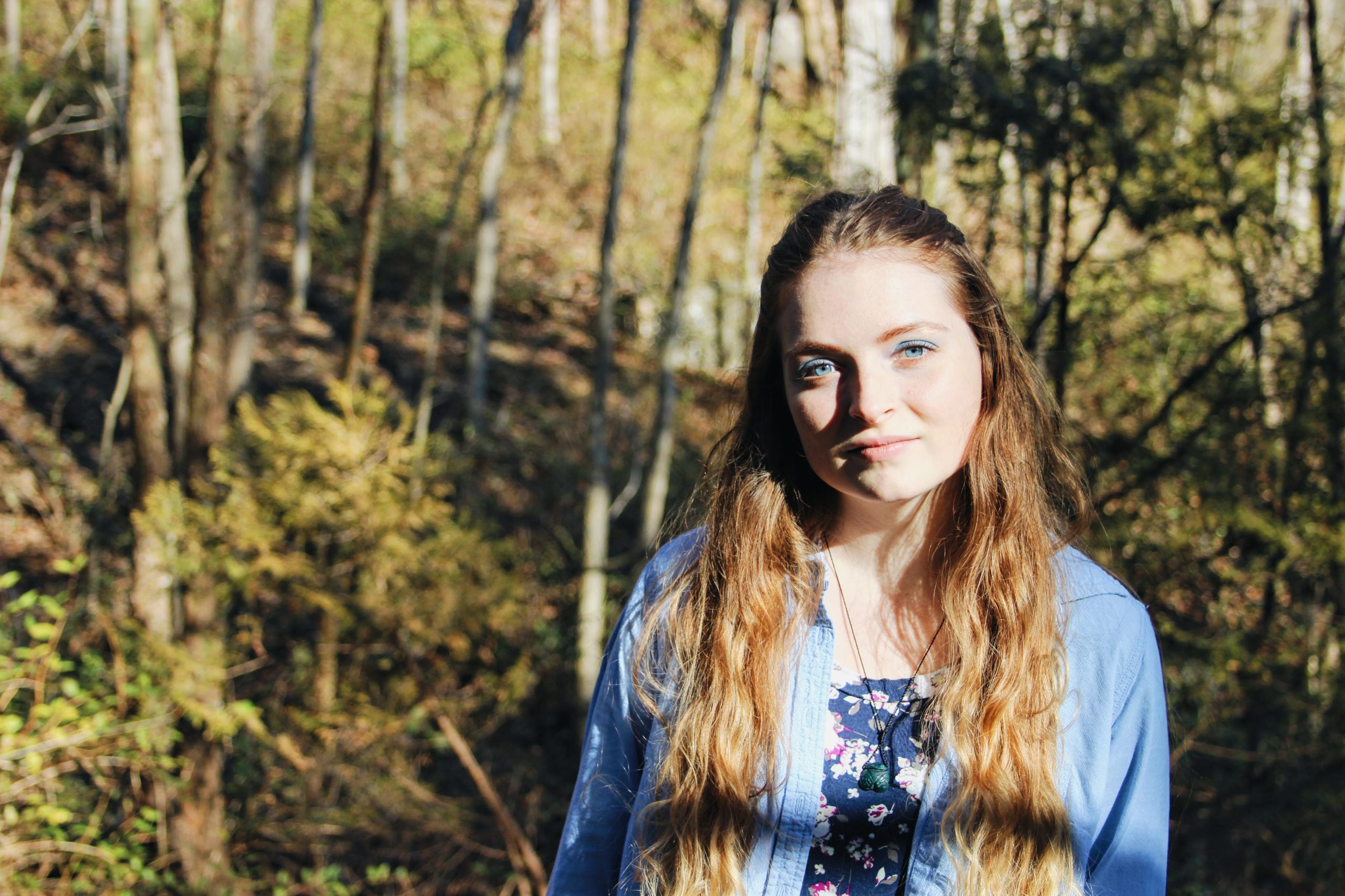
The bottom line is this: listen to the scientists and experts, and leave space for the rest. Follow those in the field on social media, and support them. Learn from them, and try to get into the practice of reading their studies and research. Donate to their organizations, take their advice, and take their word over those not in the field. Follow green influencers who care about the planet if you want to as well, getting lifestyle tips from them that they’ve based on their life experience. Try out their sustainable recipes, and look to them for different examples of how someone can live a green life in the real world. These are both valuable practices, that will together help you understand the climate crisis a little better.
I wouldn’t ever trade my gardening, farmers market-attending, Planet Earth-watching days for my nights spent poring over stacks of scientific studies and environmental classes. I need them both. I needed to build a relationship with the natural world before I could learn exactly how to protect it. That journey made me into a passionate environmentalist, rather than an obligatory one. I didn’t come into this space because I felt I had to. I did it because I loved kayaking with local whales in clean waters. I did it because my memories of reading National Geographic on the sunny living room floor of my Grandpa’s house in San Diego are among my most precious. I am here because I want to be, and because I have learned that the evidence that climate change is real and human-caused is irrefutable. Gatekeeping does nothing for the fight to bring that knowledge to more people. It only muddies the waters, and confuses those who don’t have the background to know who to listen to.
Get more like this—Sign up for our daily inspirational newsletter for exclusive content!
__
Photo: Emily Iris Degn

